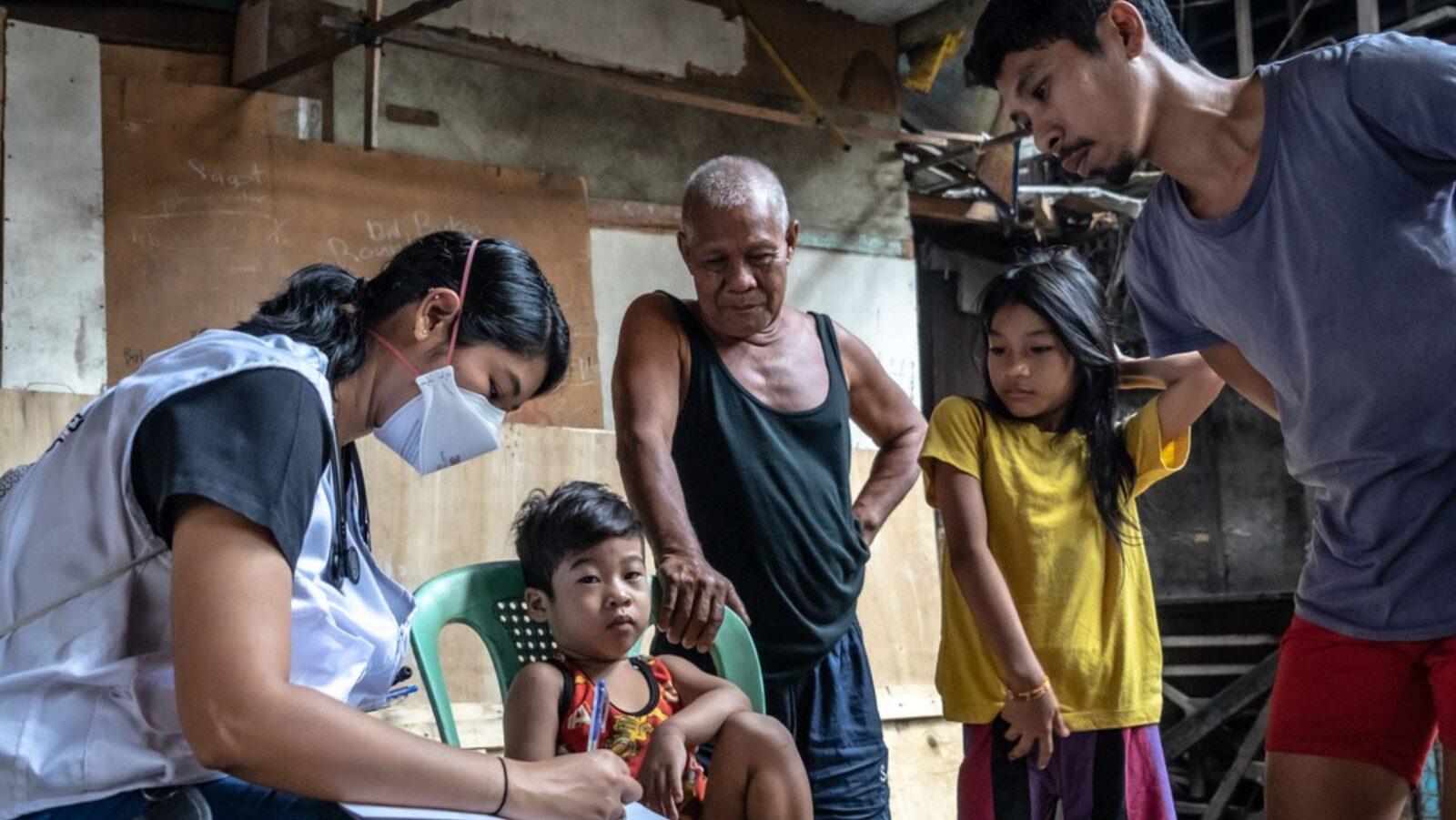
ICYMI: Science and technology updates from February 1 to February 7, 2021.
DOST to start 2nd clinical trial of virgin coconut oil for easing COVID-19 symptoms
In his weekly virtual report, Department of Science and Technology (DOST) Secretary Fortunato T. de la Peña shared that this month, the agency will begin its trial study on virgin coconut oil (VCO) for COVID-19 adjunctive therapy. The study, which will have the Valenzuela City Emergency Hospital and Dalandanan National High School Isolation Facility as its two sites, will involve 120 COVID-19 patient volunteers. Citing recent studies conducted by DOST’s Food and Nutrition Research Institut (DOST-FNRI), de la Peña said that VCO was “identified as a potential supplement that prevents the worsening of condition in patients afflicted with the COVID-19 virus.” Read the full story.
Small dino’s neck frill variations may have been due to sexual selection
Researchers at The Natural History Museum London and Queen Mary University London took a closer look at the growth and variation of the elaborate neck frills of Protoceratops, a small, herbivorous beaked dinosaur that looked like a hornless Triceratops. For decades, scientists have suggested numerous reasons for these variations, from temperature regulation to self-defense. These new findings, however, lend credence to the theory that the occurrence of bigger, brighter frills may have been due to sexual selection (meaning a specific trait that is attractive to possible mates, thus making it more likely for the individual with said trait to reproduce and pass it down to the next generation) instead of some other evolutionary pressure. Read the full story.
Female breast cancer is now the most commonly diagnosed cancer
In a newly published collaborative report from the American Cancer Society and the International Agency for Research on Cancer (IARC), female breast cancer has overtaken lung cancer as the most diagnosed cancer in the world. While the reason behind this currently isn’t clear, researchers noted that rates for this type of cancer seem to be rising in areas that previously had low occurrences. The review also revealed that one in five men and women will develop cancer in their lifetime; one in eight will kill men, while one in 11 will kill women. Read the full story.
Two exoplanet families show different planetary system possibilities
Two separate studies of the composition of worlds orbiting two different stars revealed a wide range of planetary possibilities, defying researchers’ expectations. Teams studied TRAPPIST-1, an old favorite planetary system hosting seven Earth-sized planets orbiting a small dim star roughly 40 light-years away, and TOI-178, a recently identified system with at least six planets circling a bright star about 200 light-years away. All the planets in these systems have well-known masses and radii, allowing planetary scientists to figure out their densities (and thus, their composition). Read the full story.
A coronavirus from Malayan pangolins can jump to humans, say scientists
Researchers discovered significant structural similarities between SARS-CoV-2 and a coronavirus isolated from Malayan pangolins. By comparing the structures of the spike proteins found on SARS-CoV-2 with the pangolin coronavirus (which came from individuals that were smuggled to China), scientists found that the pangolin virus was able to bind to receptors from both pangolins and humans (unlike the bat coronavirus, which could not effectively bind with either). While this does not confirm whether or not this pangolin virus is part of the chain of evolution for SARS-CoV-2, it does support various possible scenarios for how SARS-CoV-2 went from bats to humans. Read the full story.
Researchers use VR technology for new cognitive assessment
A team of experts adapted the Virtual Reality Functional Capacity Assessment Tool’s (VRFCAT) “kitchen test” in an effort to assess ” attention, memory and problem-solving abilities in real world settings.” Through VR technology, researchers examined how participants planned a trip to the grocery story – an everyday task that can serve as a gauge for participants’ daily performance and memory. This approach may be used, perhaps in the near future, for helping patients suffering from executive function impairments. Read the full story.









